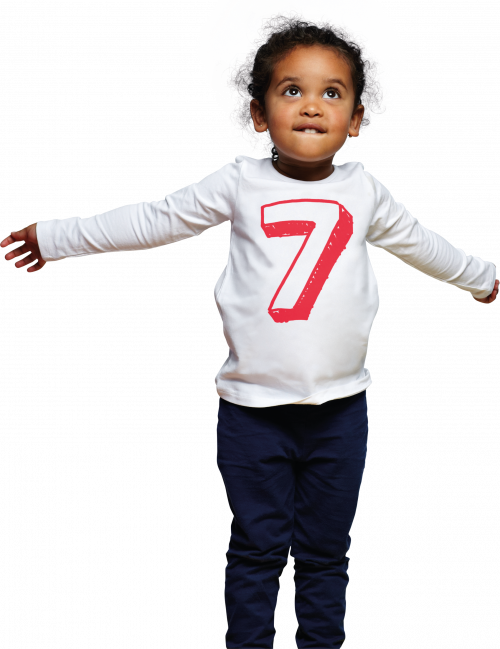
Primitive reflexes are involuntary reflexes that a baby is born with that are there to help survive its first few months of life.
These primitive reflexes should disappear by about 18 months of age and be replaced by more mature patterns of response (postural reflexes).
Engaging in appropriate and adequate activities in these early months is essential to a child's later development as these activities help to inhibit the primitive reflexes. Primitive reflexes, if retained beyond about 18 months, are often linked to later issues with behaviour, learning and both gross and fine motor skills.
For example:
- The Palmar Reflex causes the fingers to curl towards the palm when the palmar surface of the hand is stroked, in an attempt to grasp an object. Retention of the Palmar Reflex can lead to children having trouble with fine motor skills, like writing, because they have a poor pincer grip. They may also have difficulty with speech and articulation as movements of the hands and mouth are often linked.
To inhibit these primitive reflexes and develop postural reflexes, the importance of the following cannot be stressed enough:
- Adequate time should be spent flat on the tummy and the back.
- Babies and infants should spend minimal amounts of time strapped into car seats, high chairs, pushchairs, bouncers etc. which encourage the spine into a C-shape and should be avoided where possible.
- Babies should be allowed to pass through each developmental stage without being rushed.


